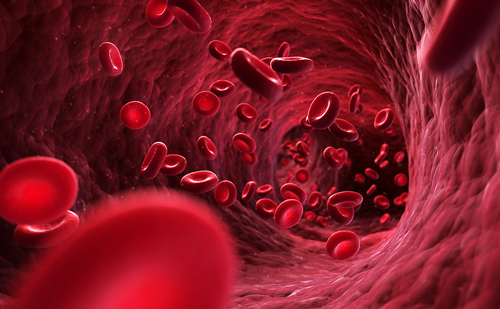Malnutrition as assessed by nutritional risk index is associated with worse outcome in patients admitted with acute decompensated heart failure: an ACAP-HF data analysis
Abstract:
Overview
Malnutrition is common at hospital admission
and tends to worsen during hospitalization.
This controlled population study aimed to
determine if serum albumin or moderate and
severe nutritional depletion by Nutritional
Risk Index (NRI) at hospital admission are
associated with increased length of hospital
stay (LOS) in patients admitted with acute
decompensated heart failure (ADHF). Serum
albumin levels and lymphocyte counts were retrospectively determined at hospital admission
in 1740 consecutive patients admitted
with primary and secondary diagnosis of
ADHF. The Nutrition Risk Score (NRI) developed
originally in AIDS and cancer populations
was derived from the serum albumin
concentration and the ratio of actual to usual
weight, as follows: NRI = (1.519 × serum albumin,
g/dL) + {41.7 × present weight (kg)/ideal
body weight(kg)}. Patients were classified
into four groups as no, mild, moderate or
severe risk by NRI. Multiple logistic regressions
were used to determine the association
between nutritional risk category and LOS.
Three hundred and eighty-one patients
(34%) were at moderate or severe nutritional
risk by NRI score. This cohort had lower BMI
(24 ± 5.6 kg/m2), albumin (2.8±0.5 g/dL),
mean NRI (73.5±9) and lower eGFR (50±33
mL/min per 1.73 m2). NRI for this cohort,
adjusted for age, was associated with LOS of
10.1 days. Using the Multiple Logistic regression
module, NRI was the strongest predictor
for LOS (OR 1.7, 95% CI: 1.58-1.9; P=0.005),
followed by TIMI Risk Score [TRS] (OR 1.33,
95% CI: 1.03-1.71; P=0.02) and the presence of
coronary artery disease (OR 2.29, 95%CI: 1.03-
5.1; P=0.04). Moderate and severe NRI score
was associated with higher readmission and
death rates as compared to the other two
groups.
Nutritional depletion as assessed by
Nutritional Risk Index is associated with
worse outcome in patients admitted with
ADHF. Therefore; we recommend adding NRI
to further risk stratify these patients.
Keywords
Nutrition risk and heart failure outcome.
Article:
Article Information:
Correspondence
Emad F Aziz, Coordinator ACAP Program, St. Luke’s Roosevelt Hospital Center, Columbia University College of Physicians & Surgeons, 1111 Amsterdam Ave, New York, NY 10025, USA. E-mail: ea2168@columbia.edu-eaziz@chpnet.org
Acknowledgements
We are thankful to the entire
team of ACAP for their untiring efforts in the
completion of this study. We are also thankful to
all the physicians who helped us in data gathering
of this study including the residents of St
Luke’s-Roosevelt Hospital Center, New York, USA.
This abstract was presented, in part, as a finalist
in the Jay N. Cohn New Investigator Award:
Clinical / Integrative Physiology session at the
national HFSA (Heart Failure Society of America)
meeting on Monday September 14, 2009 in
Boston Massachusetts, USA.
Received
2011-05-18T00:00:00







